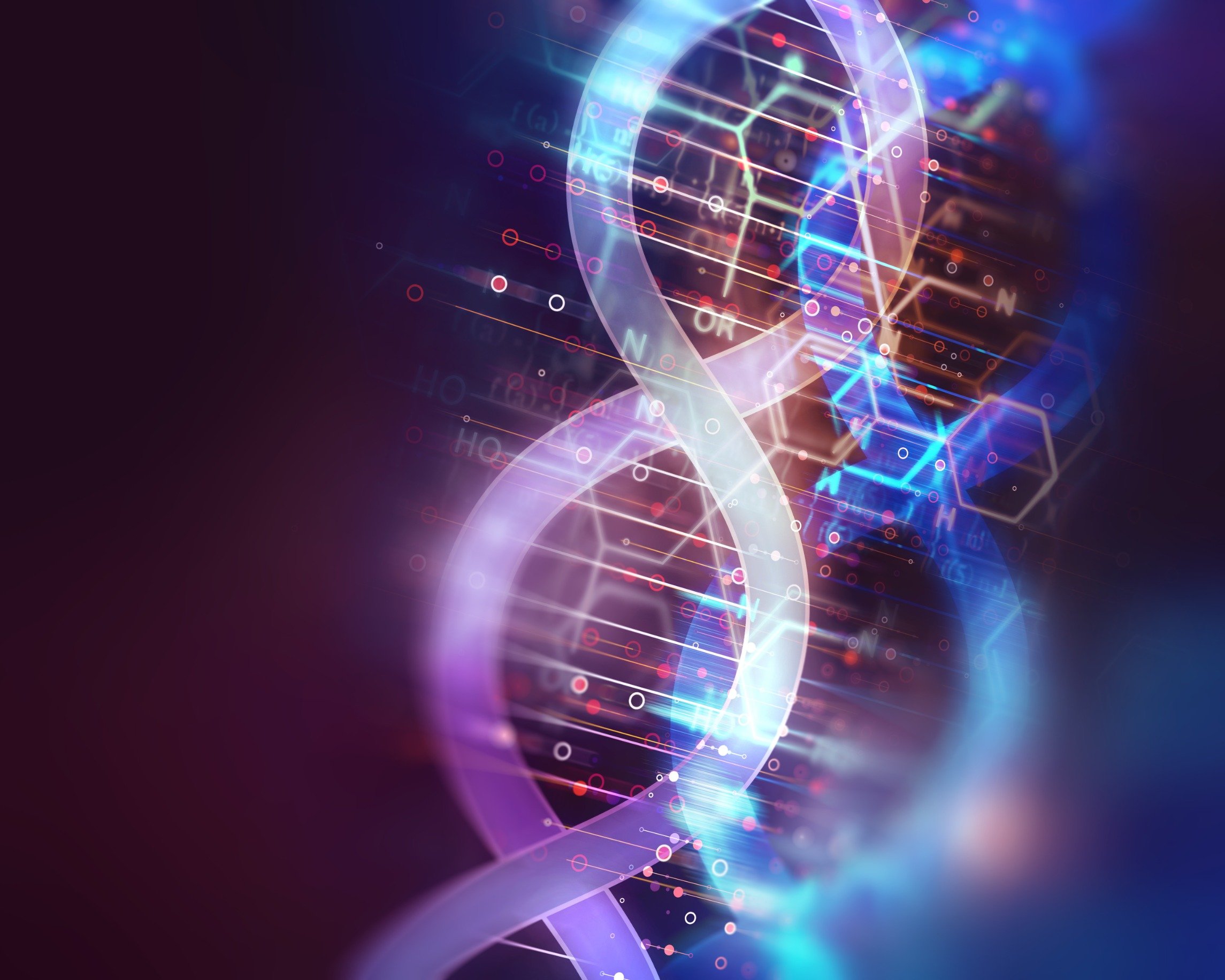Coffee Activates Anti-Ageing Mechanism in Human Cells, Study Reveals

Besides helping individuals become more alert and wide-awake, coffee possesses anti-aging benefits that can activate a mechanism within human cells, as reported by researchers from Queen Mary University of London.
"These results may shed light on how coffee could contribute to better health and longer life," said John-Patrick Alao, whose study was recently featured in the publication Microbial Cell.
Building upon previous studies exploring coffee's ability to revitalize, the researchers stated they have uncovered the "enigma" of how caffeine affects genes and proteins within human cells, resembling the mechanism of action of the diabetes medication metformin.
Both caffeine and metformin stimulate what the scientists referred to as "a cell energy sensor" called AMPK.
"When your cells lack sufficient energy, AMPK activates to assist them," said Charalambo Rallis, a researcher specializing in genetics, genomics, and cellular biology at Queen Mary University.
"Our results show that caffeine helps flip that switch," Rallis said.
The results "create promising opportunities for further investigation into ways we could induce these effects more effectively—through nutrition, daily habits, or innovative treatments," Alao stated.
The discoveries are not the initial ones highlighting coffee's possible positive effects on aging individuals. In 2023, the Journal of Agricultural and Food Chemistry from the American Chemical Society released studies indicating that espresso may help delay the start of Alzheimer's by focusing on a protein believed to contribute to the condition.
A group of researchers presenting at the Nutrition 2025 conference held from May 31 to June 3 in Orlando mentioned that they discovered signs suggesting "consistent coffee consumption during middle age" might be "somewhat positively linked to aging well."

Posting Komentar untuk "Coffee Activates Anti-Ageing Mechanism in Human Cells, Study Reveals"
Please Leave a wise comment, Thank you